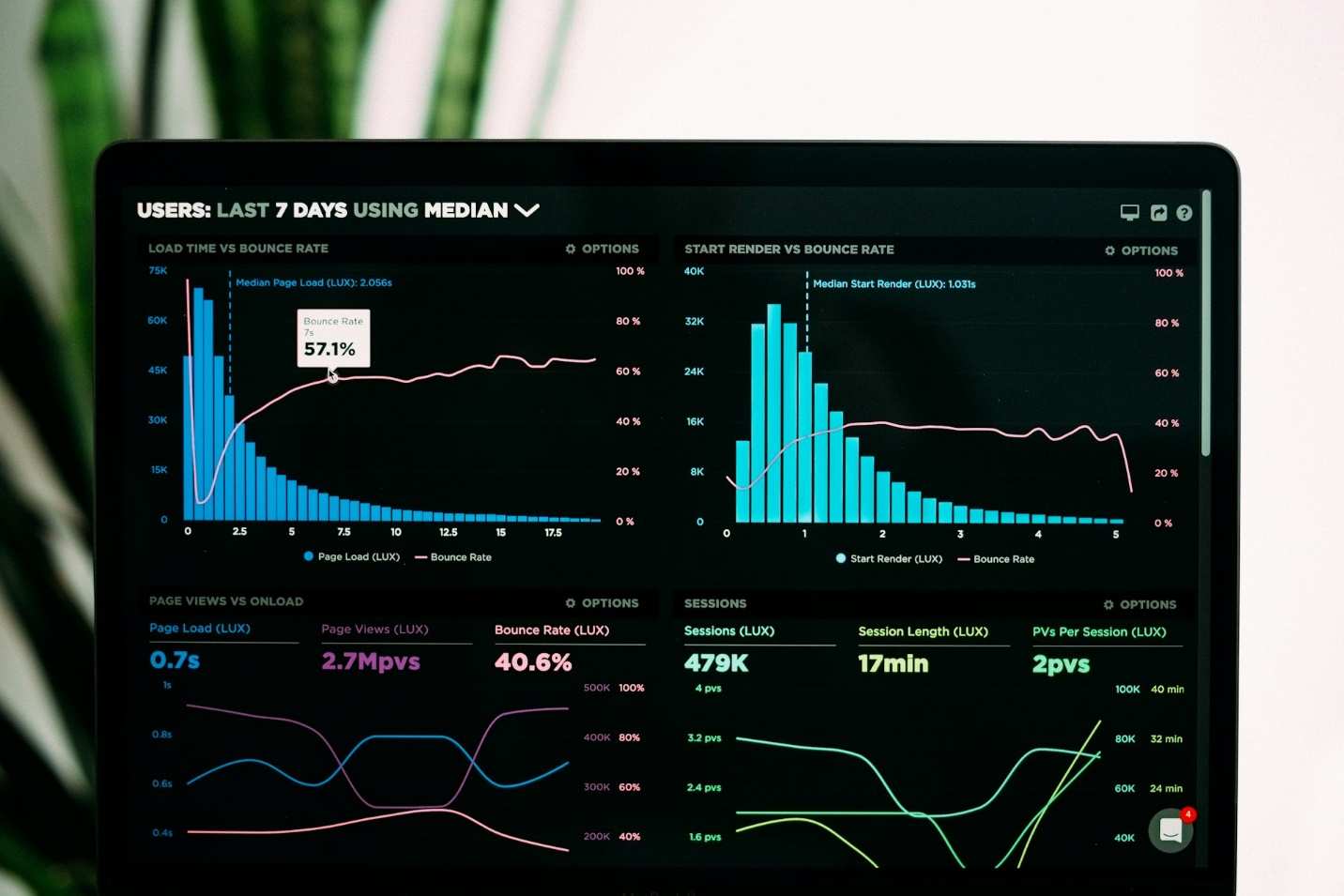Artificial Intelligence is also everywhere and business is the major player that is running this technology. Since the inception of AI, the impact has been gradually increasing, especially in the last few years. However many businesses may still not optimize the AI in their processes. As a result, it is important to get familiar with the impact of artificial intelligence in business. AI is here to remain at the forefront of many industries and play a key role in the growth of businesses.

Contents
What industries use AI
The AI revolution has permeated many different industries, changing the way companies run and improving accuracy and efficiency in a wide range of processes.
Chatbots are more frequently used in customer service to streamline its workings. Other than that, this new intelligence also troubleshoots errors, and offers support, giving clients round-the-clock help.

By evaluating data to find deficiencies, suggest planting dates, and even forecast weather patterns, agriculture uses artificial intelligence (AI) to maximize crop yields and soil health.
Artificial intelligence (AI) is used by e-commerce platforms to forecast trends, evaluate performance metrics, and expedite inventory management procedures. This results in better and optimal shopping and increased operational efficiency.

Artificial intelligence (AI) in education frees up teachers’ time to concentrate on instructing and mentoring students by automating administrative tasks like scheduling and assignment grading.
AI is used by the finance industry to improve security protocols and investment strategies through automated trading, fraud detection, and borrower risk assessment.
Image analysis, medical diagnostics, and drug discovery in the healthcare industry actively use artificial systems. This results in more precise diagnosis, individualized treatment regimens, and expedited R&D. Moreover, AI is heavily implemented in marketing as well. This industry creates insights, boosts consumer engagement, and customizes messaging to each person’s preferences, resulting in more focused campaigns and stronger bonds between brands and customers.
Social media companies use artificial intelligence (AI) algorithms to track user behavior, keep an eye on content, and spot trending topics. This helps businesses strategically plan their online presence.

AI continues to be a key factor in fostering innovation, streamlining procedures, and providing real advantages to both consumers and businesses in these varied industries
How companies use AI in daily tasks
Businesses use artificial intelligence (AI) to automate routine tasks in a variety of departments, increasing productivity and efficiency and providing customers with individualized experiences.

AI-powered virtual assistants streamline administrative workflows by managing repetitive tasks like appointment scheduling, calendar management, and to-do list organization, freeing up staff members’ time for more strategic endeavors.
Whether it’s product recommendations on e-commerce platforms or carefully selected news articles on media websites, artificial intelligence algorithms examine enormous volumes of data to personalize recommendations for consumers.
AI-enabled wearables in the healthcare industry track vital signs and activity levels, giving users information about their health and facilitating the early identification of possible problems. Telemedicine platforms utilize artificial intelligence (AI) to facilitate remote consultations, thereby expanding access to healthcare professionals beyond geographic limitations.
Email apps powered by AI that classify messages and prioritize inboxes to ensure prompt responses to important communications streamline communication within businesses. Website and social media chatbots provide immediate customer service through fast replies making the experience pleasing.
answering questions and quickly resolving problems.
AI also supports creative endeavors; for example, apps that help with photo editing and music composition encourage people to pursue their artistic interests.
What are the business advantages of AI?
There are many benefits to integrating artificial intelligence into business operations. To begin with, AI software development is an upcoming trend for many businesses that want intelligence and require language processes in their business model. On top of that, AI helps businesses to make data-driven decisions that improve accuracy and reduce bias. Second, AI improves productivity by freeing up human resources for higher-level tasks due to its capacity to handle multiple tasks concurrently at a scale beyond human capability. Thirdly, AI quickens business processes, making it possible for cycles and stage transitions to happen more quickly, improving return on investment. Additionally, by utilizing data, analytics, and intelligence, AI creates new avenues for the expansion of business models.
Conclusion
In conclusion, there is no denying artificial intelligence’s (AI) revolutionary effects on companies in a wide range of industries. The use of AI has changed conventional methods and opened up new opportunities for development and innovation, from improving agricultural productivity through data-driven insights to revolutionizing customer service with chatbots. Many businesses have not yet taken full advantage of AI’s potential, despite the technology’s vast potential.
Businesses can reap many benefits from adopting AI, such as better decision-making, increased productivity, expedited procedures, and the development of individualized customer experiences. Moreover, AI creates new avenues for revenue generation and business models, enabling companies to flourish in a highly competitive environment.



